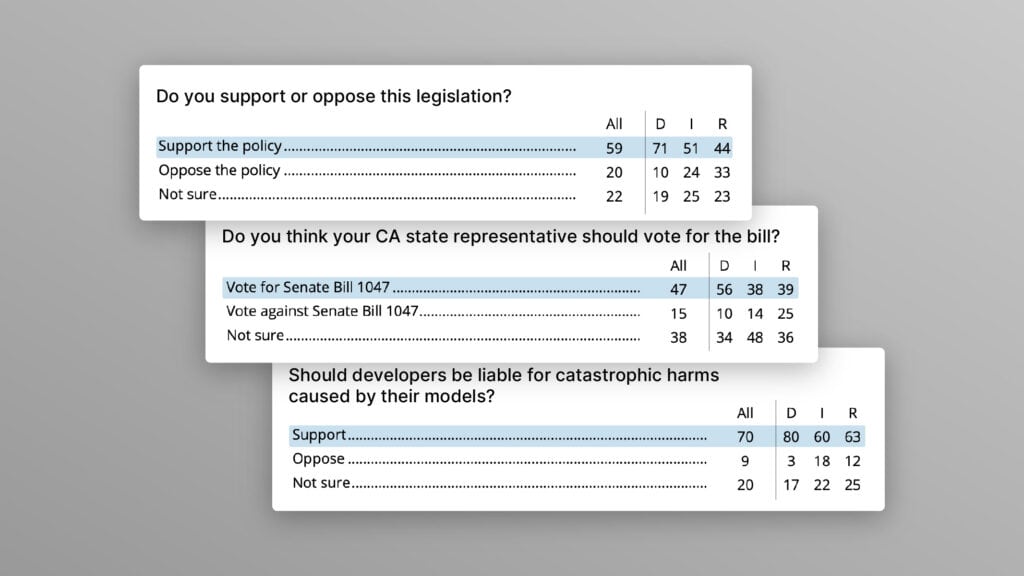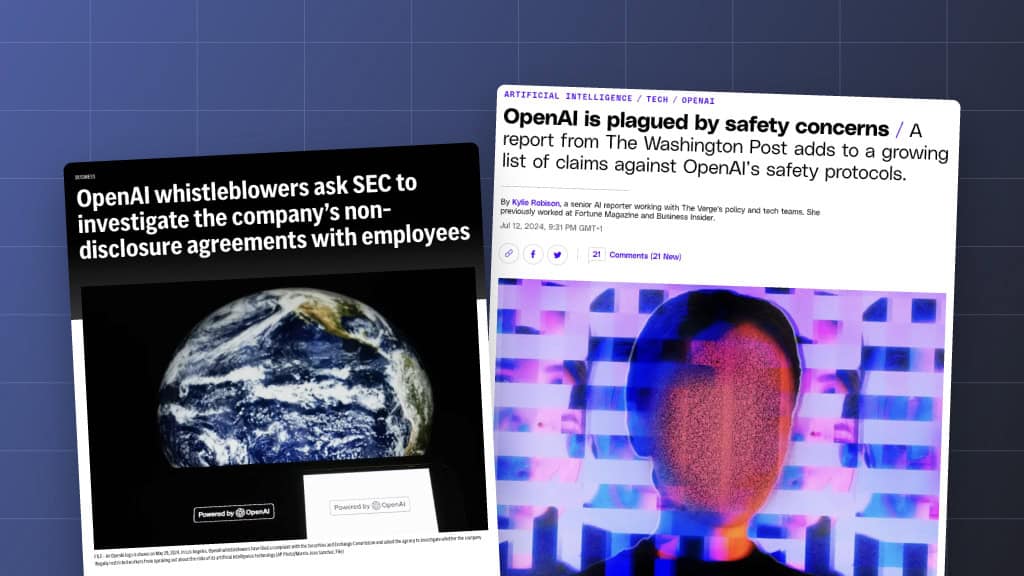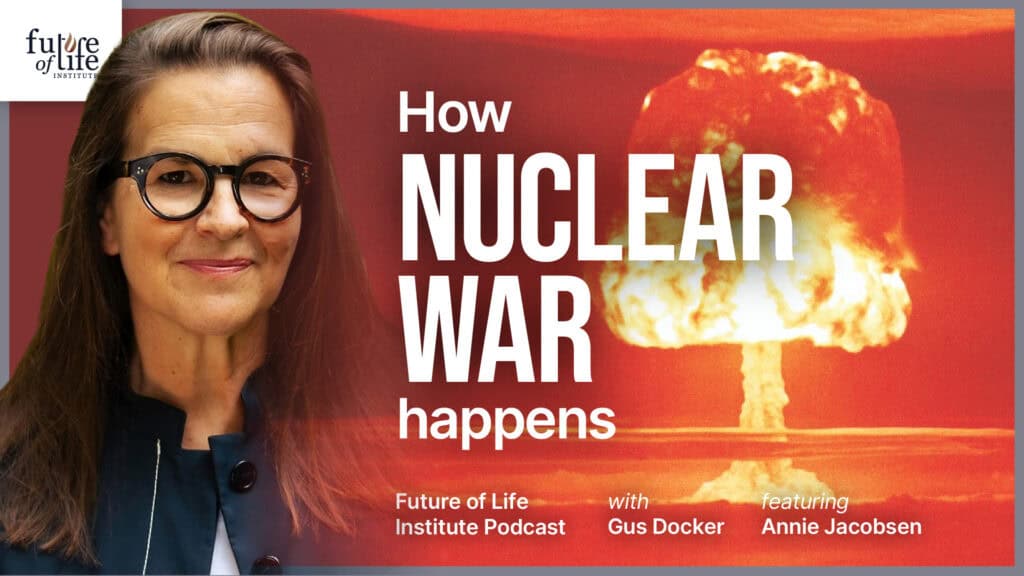U.S. Conference of Mayors Unanimously Adopts Mayors for Peace Resolution

Contents
U.S. Conference of Mayors Unanimously Adopts Mayors for Peace Resolution “Calling on President Trump to Lower Nuclear Tensions, Prioritize Diplomacy, and Redirect Nuclear Weapons Spending to meet Human Needs and Address Environmental Challenges”
Conference also Adopts Two Additional Resolutions Calling for Reversal of Military Spending to Meet the Needs of Cities
Miami Beach, FL – At the close of its 85th Annual Meeting on Monday June 26, 2017, the United States Conference of Mayors (USCM), for the 12th consecutive year, adopted a strong resolution put forward by Mayors for Peace. The resolution, “Calling on President Trump to Lower Nuclear Tensions, Prioritize Diplomacy, and Redirect Nuclear Weapons Spending to meet Human Needs and Address Environmental Challenges,” was sponsored by Mayors for Peace Lead U.S. Mayor Frank Cownie of Des Moines, Iowa and 19 co-sponsors (full list below).
Mayor Cownie, addressing the International Affairs Committee of the USCM, quoted from the resolution: “This is an unprecedented moment in human history. The world has never faced so many nuclear flashpoints simultaneously. From NATO-Russia tensions, to the Korean Peninsula, to South Asia and the South China Sea and Taiwan — all of the nuclear-armed states are tangled up in conflicts and crises that could catastrophically escalate at any moment.”
“At the same time,” he noted, “historic negotiations are underway right now in the United Nations, involving most of the world’s countries, on a treaty to prohibit nuclear weapons, leading to their total elimination. More than unfortunately, the U.S. and the other nuclear-armed nations are boycotting these negotiations. I was there in March and witnessed the start of the negotiations first hand.”
The opening paragraph of the resolution declares: “Whereas, the Bulletin of the Atomic Scientists has moved the hands of its ‘Doomsday Clock’ to 2.5 minutes to midnight – the closest it’s been since 1953, stating, ‘Over the course of 2016, the global security landscape darkened as the international community failed to come effectively to grips with humanity’s most pressing existential threats, nuclear weapons and climate change,’ and warning that, ‘Wise public officials should act immediately, guiding humanity away from the brink’.”
As Mayor Cownie warned: “Just the way the mayors responded to the current Administration pulling out of the Paris Climate Accord, we need to respond to the other existential threat.”
The USCM is the nonpartisan association of American cities with populations over 30,000. There are 1,408 such cities. Resolutions adopted at annual meetings become USCM official policy.
By adopting this resolution, the USCM (abbreviated points):
- Calls on the U.S. Government, as an urgent priority, to do everything in his power to lower nuclear tensions though intense diplomatic efforts with Russia, China, North Korea and other nuclear-armed states and their allies, and to work with Russia to dramatically reduce U.S. and Russian nuclear stockpiles;
- Welcomes the historic negotiations currently underway in the United Nations, involving most of the world’s countries, on a treaty to prohibit nuclear weapons, leading to their total elimination, and expresses deep regret that the U.S. and the other nuclear-armed states are boycotting these negotiations;
- Calls on the U.S. to support the ban treaty negotiations as a major step towards negotiation of a comprehensive agreement on the achievement and permanent maintenance of a world free of nuclear arms, and to initiate, in good faith, multilateral negotiations to verifiably eliminate nuclear weapons within a timebound framework;
- Welcomes the Restricting First Use of Nuclear Weapons Act of 2017, introduced in both houses of Congress, that would prohibit the President from launching a nuclear first strike without a declaration of war by Congress;
- Calls for the Administration’s new Nuclear Posture Review to reaffirm the stated U.S. goal of the elimination of nuclear weapons, to lessen U.S. reliance on nuclear weapons, and to recommend measures to reduce nuclear risks;
- Calls on the President and Congress to reverse federal spending priorities and to redirect funds currently allocated to nuclear weapons and unwarranted military spending to restore full funding for Community Block Development Grants and the Environmental Protection Agency, to create jobs by rebuilding our nation’s crumbling infrastructure, and to ensure basic human services for all, including education, environmental protection, food assistance, housing and health care; and
- Urges all U.S. mayors to join Mayors for Peace in order to help reach the goal of 10,000 member cities by 2020, and encourages U.S. member cities to get actively involved by establishing sister city relationships with cities in other nuclear-armed nations, and by taking action at the municipal level to raise public awareness of the humanitarian and financial costs of nuclear weapons, the growing dangers of wars among nuclear-armed states, and the urgent need for good faith U.S. participation in negotiating the global elimination of nuclear weapons.
Mayors for Peace, founded in 1982, is led by the Mayors of Hiroshima and Nagasaki. Since 2003 it has been calling for the global elimination of nuclear weapons by 2020. Mayors for Peace membership has grown exponentially, as of June 1, 2017 counting 7,335 cities in 162 countries including 211 U.S. members, representing more than one billion people.
The 2017 Mayors for Peace USCM resolution additionally “welcomes resolutions adopted by cities including New Haven, CT, Charlottesville, VA, Evanston, IL, New London, NH, and West Hollywood, CA urging Congress to cut military spending and redirect funding to meet human and environmental needs”.
The USCM on June 16, 2017 also unanimously adopted two complimentary resolutions: Opposition to Military Spending, sponsored by Mayor Svante L. Myrick of Ithaca New York; and Calling for Hearings on Real City Budgets Needed and the Taxes our Cities Send to the Federal Military Budget, sponsored by Mayor Toni Harp of New Haven Connecticut, a member of Mayors for Peace. These two resolutions are posted at http://legacy.usmayors.org/resolutions/85th_Conference/proposedcommittee.asp?committee=Metro Economies (scroll down).
The full text of the Mayors for Peace resolution with the list of 20 sponsors is posted at http://wslfweb.org/docs/2017MfPUSCMres.pdf
Official version (scroll down): http://legacy.usmayors.org/resolutions/85th_Conference/proposedcommittee.asp?committee=International Affairs
The 2017 Mayors for Peace USCM resolution was sponsored by: T. M. Franklin Cownie, Mayor of Des Moines, IA; Alex Morse, Mayor of Holyoke, MA; Roy D. Buol, Mayor of Dubuque, IA; Nan Whaley, Mayor of Dayton, OH; Paul Soglin, Mayor of Madison, WI; Geraldine Muoio, Mayor of West Palm Beach, FL; Lucy Vinis, Mayor of Eugene, OR; Chris Koos, Mayor of Normal, IL; John Heilman, Mayor of West Hollywood, CA; Pauline Russo Cutter, Mayor of San Leandro, CA; Salvatore J. Panto, Jr., Mayor of Easton, PA; John Dickert, Mayor of Racine, WI; Ardell F. Brede, Mayor of Rochester, MN; Helene Schneider, Mayor of Santa Barbara, CA; Frank Ortis, Mayor of Pembroke Pines, FL; Libby Schaaf, Mayor of Oakland, CA; Mark Stodola, Mayor of Little Rock, AK; Patrick L. Wojahn, Mayor of College Park, MD; Denny Doyle, Mayor of Beaverton, OR; Patrick J. Furey, Mayor of Torrance, CA
About the Future of Life Institute
The Future of Life Institute (FLI) is a global think tank with a team of 20+ full-time staff operating across the US and Europe. FLI has been working to steer the development of transformative technologies towards benefitting life and away from extreme large-scale risks since its founding in 2014. Find out more about our mission or explore our work.
Related content
Other posts about Nuclear, Recent News

The U.S. Public Wants Regulation (or Prohibition) of Expert‑Level and Superhuman AI

Poll Shows Broad Popularity of CA SB1047 to Regulate AI


